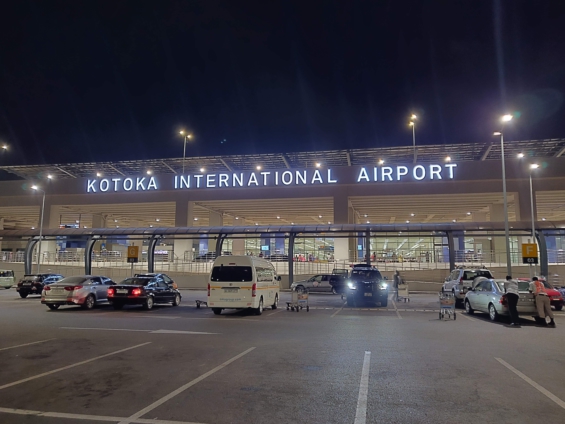Parliament to Use Local Languages
Ghanaian language usage on the House floor is going to be allowed as part of Parliament's efforts to honor, protect, and preserve the country's culture.
Order 63 of the new Standing Orders describes this effort, which allows Members of Parliament (MPs) to use their native tongues as long as they provide translation and interpretation for everyone to understand.
The second meeting of the Eighth Parliament's fourth session is when this language fusion is supposed to start. Speaker of the House Alban Sumana Kingsford Bagbin stressed that preparations were made to guarantee a smooth transition, including arranging for translators and other tools to support the project. Post-Easter break, operationalization is expected, barring any unanticipated obstacles.
Cultural Advocacy and Legislative Action
The saliency of incorporating local languages was underscored during recent parliamentary deliberations when Second Deputy Minority Leader, Emmanuel Armah-Kofi Buah, advocated for the promotion and preservation of the Nzema language. As the National Democratic Congress MP for Ellembele in the Western Region, Buah highlighted the dwindling interest in teaching and learning the Nzema language within educational institutions despite its curriculum inclusion and examinable status at basic and senior high school levels.
Call for Language Inclusion in Education
Buah’s proposal resonated with fellow members, who collectively advocated for the integration of local languages at lower primary levels to foster language promotion, cultural understanding, and enhance subject comprehension akin to science subjects being taught in local languages as witnessed in nations like Asia. The Speaker directed the statement to relevant committees for deliberation, emphasizing the need for Ghana Education Service’s support, cultural promotion, tourism enhancement, and financial implications assessment.
Related To This: "The Chamber Doors Will Be Locked At Exactly 10am From Next Year" - Speaker Warns Ministers
New Standing Orders Implementation
Upon Parliament's February 6, 2024 reconvening, the endorsement of new Standing Orders commenced, marked by a daily roll call of members and recitation of the national pledge. These reforms seek to bolster transparency through authentic attendance records and cultivate a sense of national pride and responsibility among MPs, alongside maintaining traditional book signings for attendance tracking.
Shop With Us: https://www.etsy.com/shop/SokoMalls





Comments
Post a Comment